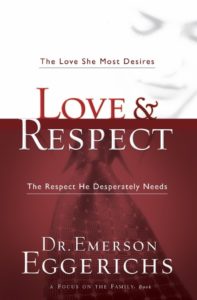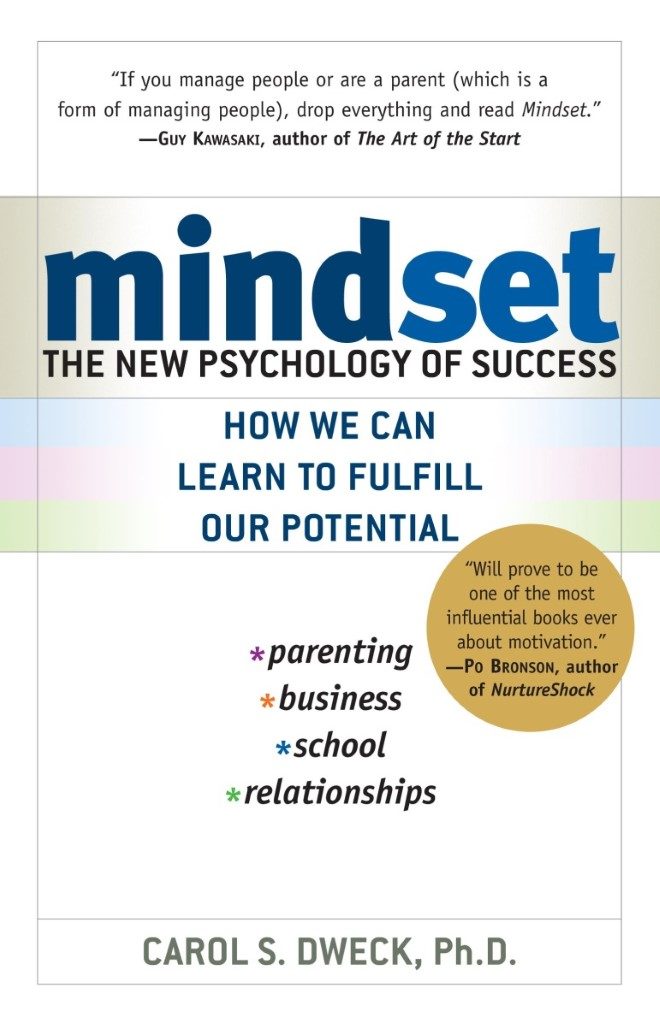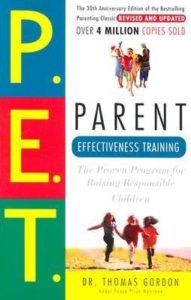By Mandie
I LOVE this book. If you feel stuck or restless in your life, you want to know what your purpose is, or you’re not sure what to believe in and wonder if there’s more to life than your every-day experiences, then this book is for you.
This book is written as an adventure story. The main character travels to Peru on a mission to recover an ancient manuscript that is in danger of being destroyed by the local government. The manuscript is separated into nine pieces, each describing an insight into human spirituality.
The manuscript describes the spiritual awakening of humanity, where this awakening will lead our evolvement as human beings, how we can connect with universal energy and consciously use this connection to advance our personal growth, resolve conflicts in relationships, help others reach their potential, and more.
The wisdom in this book is used by both my husband and I in our every-day lives. The book is a staple in our collection because we’ve both benefitted so much from it.
The slogan of this book is “a book that changes lives” and it’s true! This book is part autobiography and part fiction. The book is set during the author’s college-days, when he was a world-class gymnast succeeding at life yet miserable, angry, and depressed. Dan’s life changes when he meets an old man working as a gas station attendant who becomes his spiritual teacher.
This book explains how we trap ourselves with the illusions of our minds, and as the old man (who goes by Socrates) teaches Dan how to unlearn what he has learned, and learn a new way to be present, at peace, and happy, we follow along and learn too.
This book goes super in-depth about the mind and the illusions our mind fools us into believing. It will blow your socks off. You may want to read a little at a time to let the information fully sink in. My husband refers to this book, along with The Celestine Prophecy, as his bibles.
Applying the information in this book definitely changed my relationships with all the men in my life for the better! This book brings to light a crucial difference in men’s and women’s emotional needs: Men primarily want RESPECT over love, while women primarily want LOVE over respect. The book also explains how to break free of the power struggles couples get stuck in and keep your relationship stable and healthy.
The author found this love and respect principle in the form of a bible verse. He believed that the verse was meant to be taken literally, and its importance had been overlooked. When he started teaching it to the couples he counseled, and saw dramatic changes take place – it even saved marriages. It may sound cheesy, but the love and respect principle proves itself to be true and EXTREMELY valuable. The information is not just valuable for couples either, and can help anyone better understand and communicate with the opposite sex.
According to Time Magazine, Byron Katie is “[a] spiritual innovator for the new millennium.”
In her 30s, Byron Katie was severely depressed, suicidal, and was often unable to leave her bedroom. Then one morning she had a life changing realization:
“I discovered that when I believed my thoughts, I suffered, but that when I didn’t believe them, I didn’t suffer, and that this is true for every human being.”
– Byron Katie, thework.com
The book describes a self inquiry method known as “The Work” designed to help us end mental and emotional suffering. I did not actually read this book, but when I was going through a particularly rough time emotionally, my husband printed out the self-inquiry work sheets for me to do. Now, I already knew about how we shouldn’t believe all the negative shit our mind tells us, and doing “The Work” still blew-my mind!
This helped me feel at peace with myself, and freed up so much of the mental and emotional struggling I was going through. I’d highly recommend it to anyone, particularly if you struggle with guilt, anxiety, fear, worry, and anger.
This book changed my life because it describes two different types of mindsets people have, which determines if we are more apt to struggle or succeed in school, work, sports, or anything else we do in life.
The two mindsets are about how we view ourselves and our abilities. A person with a Growth Mindset believes that their skills and abilities aren’t set in stone; that they can improve anything if they work at it. They tend to use negative experiences to learn, grow, and become successful. A person with a Fixed Mindset believes their skills and abilities are set in stone. This results in them feeling like their skills and abilities determine their value as a person, so when they fail to meet performance expectations they’re too busy feeling worthless to be able to think about how they can learn from the experience.
I realized that I tend to have a fixed mindset and that’s why I struggle so much when I fail to live up to my (high) performance standards. This book helped me understand myself better, get past my setbacks faster, and learn from my experiences. If you want to succeed at anything in life and stop feeling shitty about yourself, get this book!
Parent Effectiveness Training is full of techniques on how to listen better, how to talk so that your kids will listen, and how to solve problems. It also has diagrams that I found helpful for understanding the concepts.
Although I was not a parent when I read this at about age 19, I got SO much value and practical, usable information from this book! It changed my life by changing how I viewed relationships and communication and by giving me the tools I needed to help make my relationships thrive.
The stuff works! I started communicating differently in my relationships and with the kids I babysat and there was less misunderstanding, less power struggles, and more happiness. I still use the methods today to talk with or resolve conflicts with my husband or anyone else in my life.
If you liked this article and want to hear when I publish new content, join my mailing list below.









